A year after her dramatic flight from Bangladesh on August 5, 2024, former Prime Minister Sheikh Hasina’s life in India has become a subject of intense scrutiny and political maneuvering. The details of her existence reveal a leader stripped of her former power, now navigating a complex web of legal challenges and shifting geopolitics, Daily Dazzling Dawn understands.
A Life in Guarded Isolation
Hasina resides in a secure flat in the upscale Chanakyapuri area of Delhi, a stark contrast to her days as the head of state. Her home is described as a gilded cage, with the entrance blocked and black-glass SUVs on constant patrol. Indian intelligence and security officials control all access, and even top leaders from her own Awami League party have been denied entry. Reports have surfaced that money is being exchanged just to arrange phone calls with her, a stunning fall from grace. Her daughter, Saima Wazed, also lives in Delhi, and her sister, Sheikh Rehana, travels between London and India, offering some personal connection. Despite this, her life remains largely isolated and her movements heavily monitored.Although her son went to India to spend some time with her recently, she he is now effectively living alone.Initially, her sister Sheikh Rehana was with her in India full-time. Since leaving the country during the mass uprising on August 5th of last year, no party leaders or activists have met Sheikh Hasina in person. She is, however, speaking on the phone. Sheikh Hasina has spoken through the Telegram app with a team formed with the top leaders and activists of all district Awami League units. While she has participated in these teleconferences, no one has been able to have a video call with her yet. They have not been able to see the party chief's face. However, she speaks on the phone with leaders and activists for at least five hours every day. She answers calls, reads messages, and even responds to many of them.
Multiple responsible and important leaders of the UK Awami League confirmed this information to Daily Dazzling Dawn during a conversation. However, they were unwilling to be quoted by name under any circumstances. As a reason, they stated that the leader might become annoyed with them if they talk about what Sheikh Hasina is doing.
Although in the past she was seen taking selfies with workers and on video calls with leaders and activists, Awami League leaders could not say whether there were any instructions from the Indian government as to why Sheikh Hasina is not speaking with anyone on video calls since going to India. The activity of this veteran politician, who spoke of building "Digital Bangladesh," is now limited to only audio calls.
Legal and Political Fallout
In Bangladesh, the interim government, led by Chief Adviser Dr. Muhammad Yunus, has formally requested her extradition to face charges of corruption, human rights violations, and war crimes related to the crackdown on student protests that led to her ouster. A special tribunal in Bangladesh has begun trying her in absentia for crimes against humanity. She has refused to participate in the proceedings, leading to the appointment of a state-appointed lawyer.
The political weight she once carried has all but vanished. While she remains in contact with some Awami League leaders, Indian authorities have reportedly discouraged her and her supporters from engaging in overt political activity. This is seen as a clear attempt by India to maintain a delicate balance with the new government in Dhaka.
A New Geopolitical Reality
The Indian government's stance has shifted from that of a staunch ally to a more cautious host. Influential Indian media outlets like 'The Print' and 'Times Now' have reported that Delhi now views Hasina as a "political liability." This is a significant reversal from the "personality-centric foreign policy" India pursued for 15 years, a strategy now seen by many as a "geostrategic trap" that has led to a loss of influence in Bangladesh.
India's new approach is reflected in its diplomatic moves, including a "strategic silence" from its diplomats on her case. Meanwhile, the interim government in Bangladesh is gaining international acceptance and is actively diversifying its foreign policy, moving away from its historical reliance on India and strengthening ties with countries like China and Western nations. The new administration has accused India of shielding a discredited leader, deepening anti-India sentiment among many Bangladeshis.
As the first year of her exile concludes, Sheikh Hasina’s future remains uncertain. She is politically isolated, legally embattled, and a poignant reminder that in international relations, political alliances, no matter how deep, are often contingent on shifting geopolitical realities and national interests. Her once-famous words, "India will remember what I have given them for a lifetime," have now been overshadowed by the cold reality of a nation prioritizing its own interests above all else.
Following Sheikh Hasina's ousting and her flight to India, many of her close political allies also fled Bangladesh to avoid public anger, legal prosecution, and violent reprisals. A number of these prominent Awami League leaders, including former ministers and members of parliament, have sought refuge in the UK. They have since been seen making public appearances at various events and rallies in London, often organized by the UK wing of the Awami League. While these leaders maintain a public presence, they are doing so in exile, facing court-imposed travel bans and other legal challenges from the new interim government in Bangladesh. Their presence in the UK highlights the deep-seated connections between Bangladeshi politics and the diaspora, while also underscoring the swift and dramatic collapse of the Awami League's power structure.
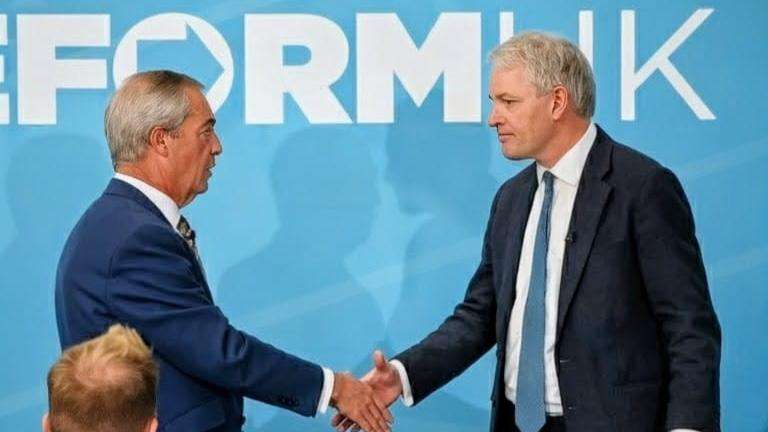


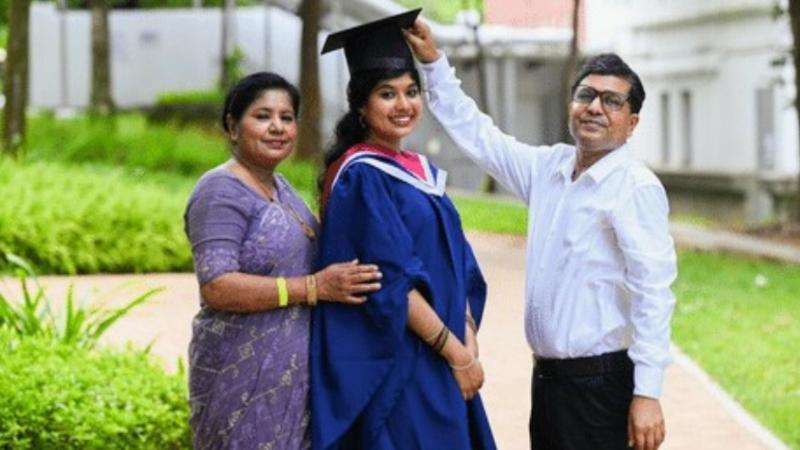
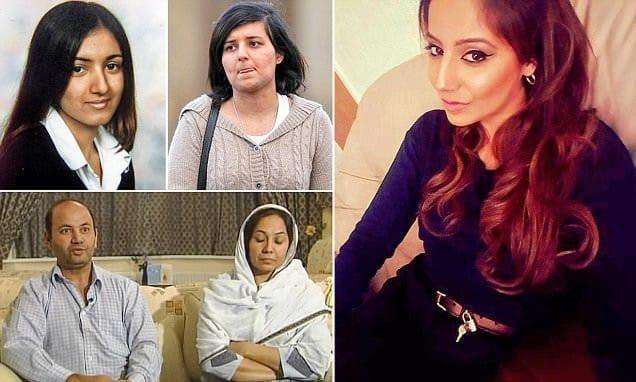


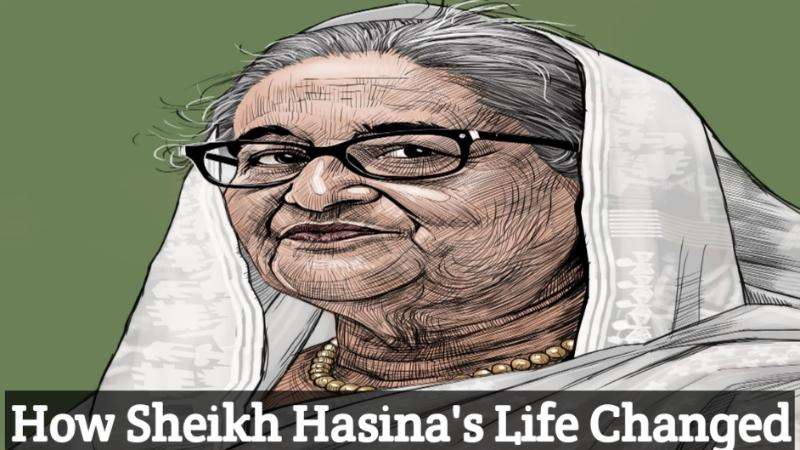
.svg)

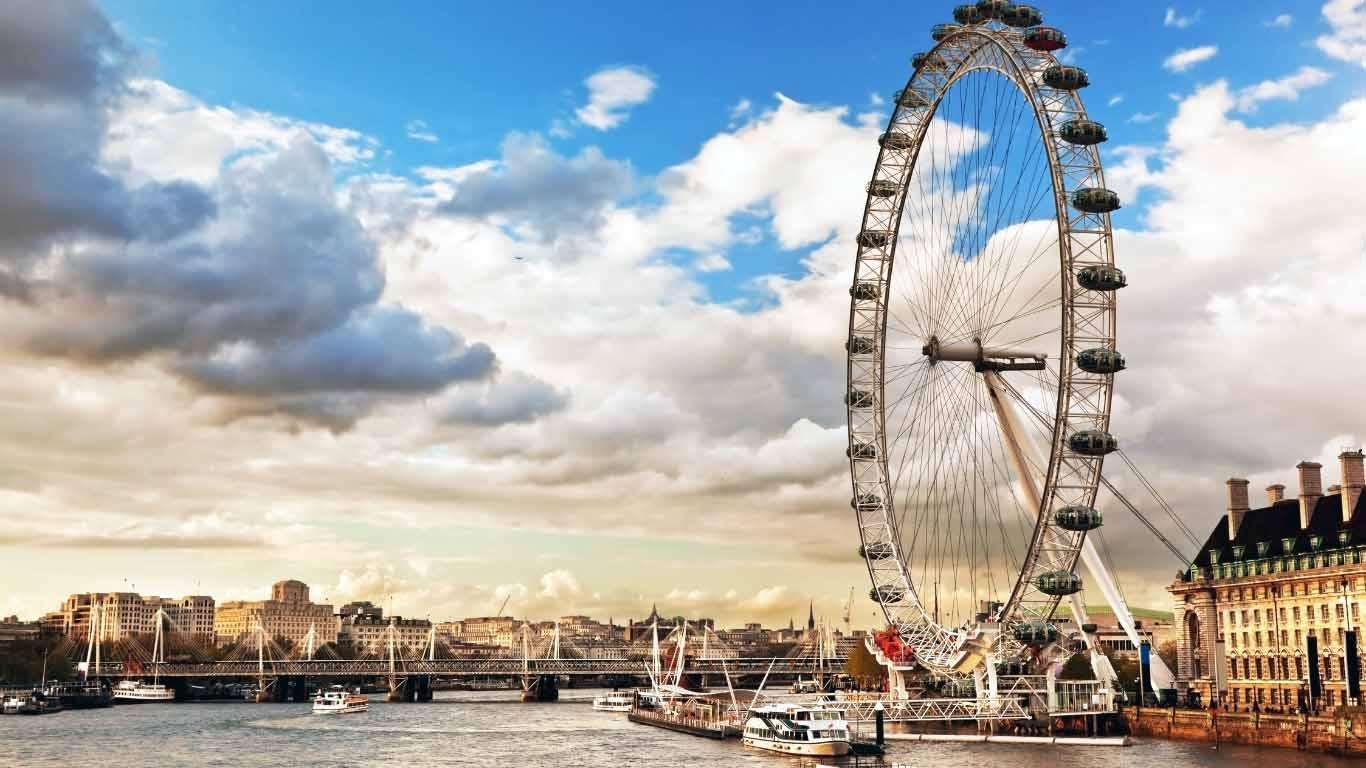
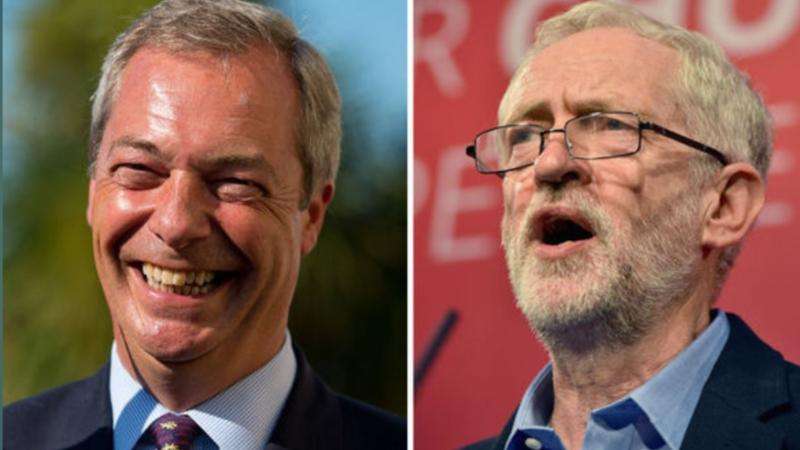
_2.jpg)